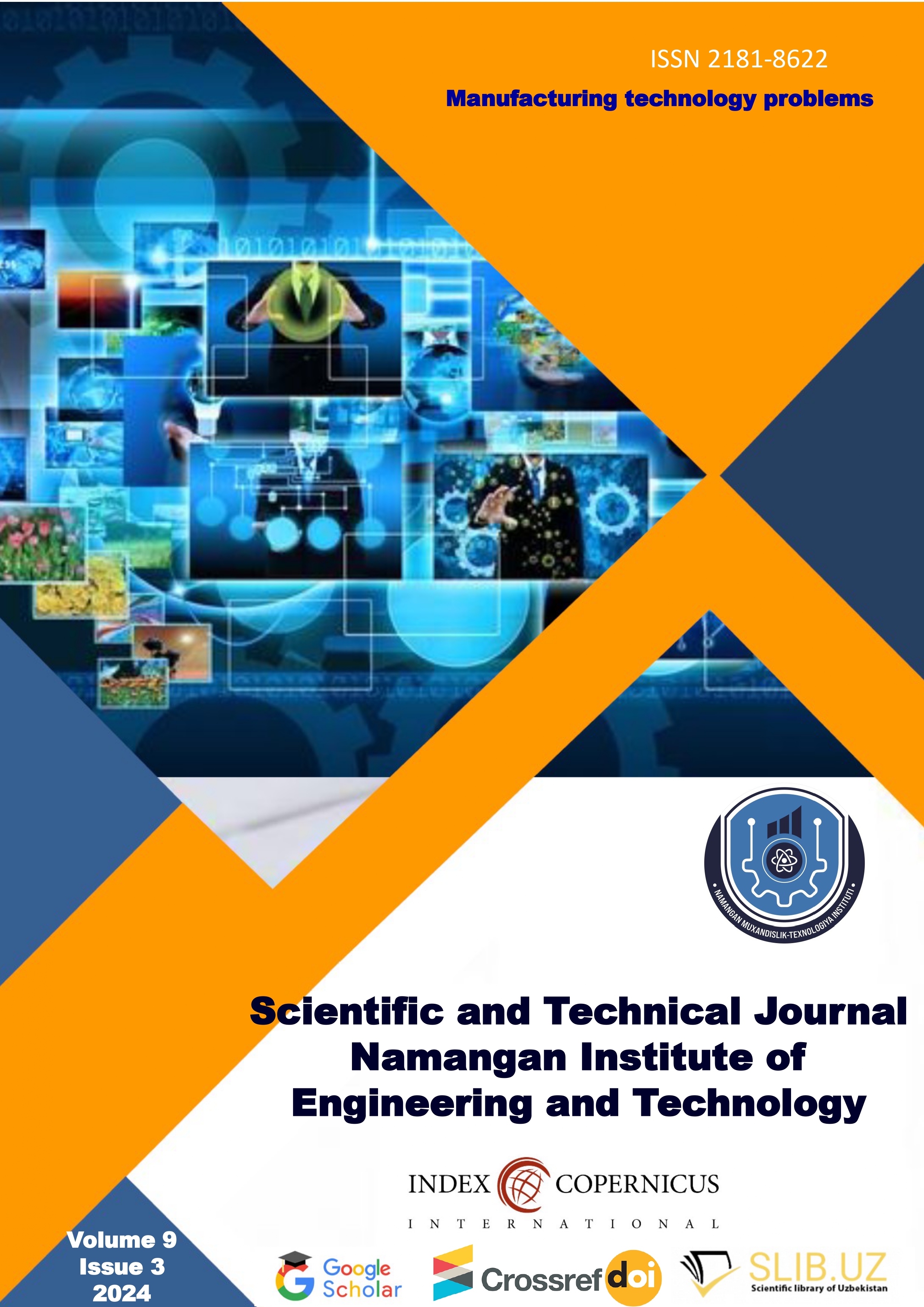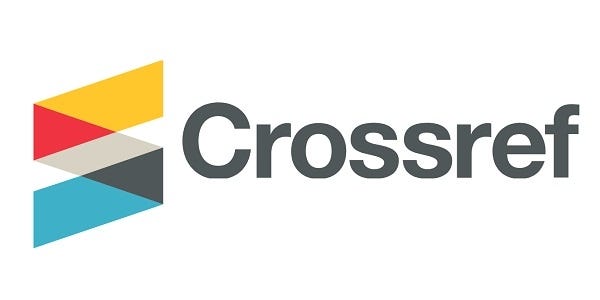OBTAINING OF PHOSPHORIC CATION-EXCHANGE RESIN FOR WASTE WATER TREATMENT
DOI:
https://doi.org/10.61151/stjniet.v9i3.587Ключевые слова:
OH groups, Na- and H-forms, styrene, phosphorus, NaOHАннотация
The article presents the studies obtaining and research new polycondensation type phosphoric cation-exchange resin. The conditions for the phosphorylation of this polymer were selected from the experiments accumulated in relation to the phosphorylation reactions of low- and high-molecular compounds. The resulting polymer had an exchange capacity for a 0.1N NaOH solution – 5,5-5,6 mEq/g and contained 16,5% phosphorus. Based on the studies carried out, the optimal conditions for the synthesis of the styrene-furfural polymer are assumed to be: the reaction temperature is 90°C, the concentration of the ZnCl2 catalyst is 0.07 mol per mole of furfural, and the molar ratio of styrene to furfural is 1:1. There was studied an interaction of the cation exchanger in Na- and H-forms with solutions of salts of copper sulfate, nickel, cobalt, sodium chloride, calcium and uranyl nitrate. In order to elucidate the mechanicm of sorption of the cations of these metals, were taken the IR spectra of the cation exchanger in the H and Na form, saturated with copper ions. The less dissociated phosphoric acid groups, the stronger hydrogen bond forms phosphoryl oxygen with OH groups. Therefore, it can be expected that as the cation exchanger is saturated with sodium, the maximum of the band corresponding to the phosphorus-oxygen bond vibrations will slightly shift to longer wavelengths as a result of the destruction of the weaker hydrogen bond.




